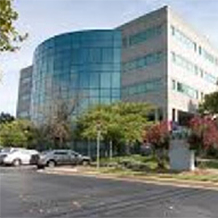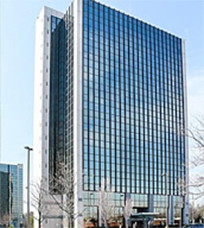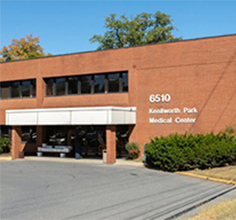
Carpal tunnel is a fairly common neurological disorder that is especially likely to develop in people who perform repetitive hand movements, such as typing or using a computer mouse. Symptoms include pain, numbness, and tingling sensations in the fingers, and treatment typically starts with conservative measures, such as wrist splinting, activity modification, and pain medications. When those are not effective, carpal tunnel surgery may be recommended.
In this article brought to you by Southern Maryland Medical Group, we explore surgery options as well as the expected recovery times. If you are looking for a primary care physician in Southern Maryland to diagnose or treat your case, then feel free to call Southern Maryland Medical Group to schedule an appointment.
Carpal tunnel syndrome is a neurological condition that affects the hand and wrist, causing pain, numbness, and tingling sensations in the fingers. It occurs when the median nerve, which runs through a narrow passageway in the wrist called the carpal tunnel, is compressed or pinched. To be clear, carpal tunnel syndrome is not a problem with the nerve itself. Rather, it is usually the result of factors that put pressure on the median nerve and tendons in the carpal tunnel.
Factors that can contribute to carpal tunnel syndrome include trauma or injury to the wrist, repeated sleeping on a bent wrist, frequent use of handheld tools or machines that vibrate the wrist, cyst or tumor in the canal, typing on the computer, using a mouse, and so forth.
Primary care doctors can diagnose carpal tunnel syndrome through a combination of clinical evaluations and examining the patient’s medical history. They will ask about symptoms and conduct a physical examination to assess the hand and wrist. They may also use nerve conduction studies or imaging such as X-rays or ultrasound to rule out other conditions that may be causing symptoms.
Based on the results, the physician can make a diagnosis of the syndrome as well as its severity. They will then make recommendations on how to move forward. Common treatment options include splinting the wrist, modifying activities that may aggravate the condition, using prescription medicines, and performing hand exercises. If conservative measures do not yield satisfactory results, the patient may be referred to a surgeon.
Carpal tunnel surgery, also known as carpal tunnel release, is a surgical operation that involves cutting the ligament forming the roof of the carpal tunnel, which helps to relieve pressure on the median nerve. There are two main types of carpal tunnel surgery:
Open carpal tunnel surgery: A small incision is made in the palm, and the ligament is cut to relieve pressure on the median nerve.
Endoscopic carpal tunnel surgery: A minimally invasive procedure where a small incision is made in the wrist, and a thin tube with a camera (endoscope) is inserted to guide the surgeon in cutting the ligament.
The recovery time after carpal tunnel surgery can vary depending on the individual, the type of surgery performed, and the extent of the condition.
In general, you will likely wear surgical bandages for the first week or two. By week three and four, most patients are able to gradually resume activities with the affected hand. By the end of the first month, you should regain full mobility of all fingers. After two months or so, your hand will mostly be back to normal.
Again, surgery is advised when the condition is severe, and every patient’s case is unique. A primary care physician in College Park can give you a more accurate estimate of what to expect.
Southern Maryland Medical Group has 3 convenient locations to provide professional medical care services in the Southern Maryland area. Call or schedule an appointment with one of our locations to get medical care help.

5801 Allentown Road, Suite 400 Camp Spring, MD 20746
Phone: 301-868- 0150
Billing Inquiries: 301-552-1270
Fax: 301-868-0243

7500 Greenway Center, Dr #1200 Greenbelt, MD 20770
Phone: 301-486-7580
Billing Inquiries: 301-552-1270
Fax: 301-486-7581

6510 Kenilworth Ave, Ste 1400, Riverdale MD 20737
Phone: 301-618-0771
Billing Inquiries: 301-552-1270
Fax: 301-618-0772